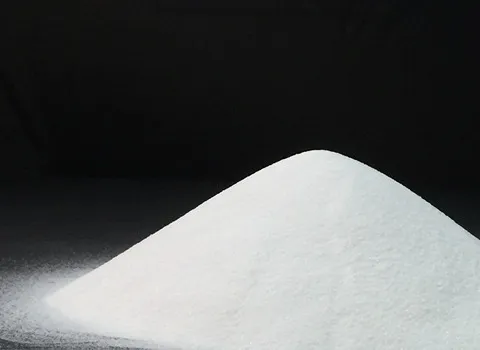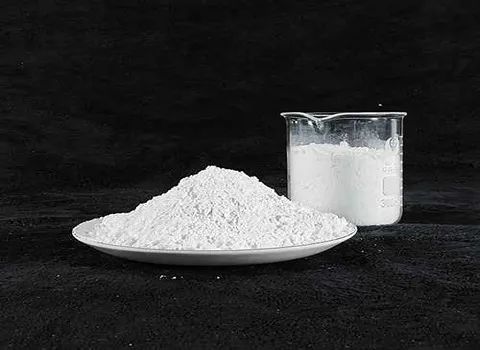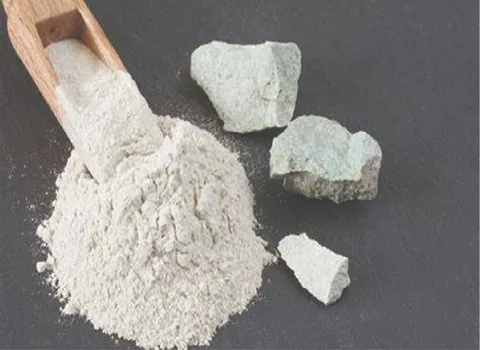Ground calcium carbonate (GCC) is a versatile and valuable mineral that has a wide range of applications across various industries.
As one of the most commonly used industrial minerals, GCC plays a crucial role in enhancing the quality and performance of countless products we use in our daily lives.

introduction ground calcium carbonate (gcc)
In this article, we will explore the properties, uses, and benefits of ground calcium carbonate, shedding light on why it is a preferred choice for manufacturers in different sectors.
First and foremost, let's delve into what ground calcium carbonate is and how it is produced.
Calcium carbonate is a naturally occurring mineral that can be found in the form of limestone, chalk, or marble.
GCC is primarily obtained by grinding and milling natural calcium carbonate rocks into fine particles, resulting in a powder with various particle sizes.
The process of grinding the mineral produces a high-quality product that is characterized by its purity, brightness, and uniform particle size distribution.
One of the key properties that make ground calcium carbonate highly sought after in industrial applications is its high calcium content.

features ground calcium carbonate (gcc)
Calcium carbonate typically contains around 40% elemental calcium, making it an excellent source of this essential mineral.
Calcium plays a crucial role in various biological processes in both humans and animals, from bone formation and nerve function to muscle contraction and blood clotting.
As a result, the use of ground calcium carbonate in food and pharmaceutical products helps ensure adequate calcium intake for maintaining optimal health and well-being.
In addition to its nutritional benefits, ground calcium carbonate is known for its versatility in a wide range of industrial applications.
One of the primary uses of GCC is as a filler material in the manufacturing of paper and cardboard products.
The fine particle size and high brightness of calcium carbonate make it an ideal additive for enhancing the brightness, opacity, and smoothness of paper, resulting in improved printability and overall quality.
Furthermore, the use of GCC as a filler helps reduce production costs and environmental impact by decreasing the reliance on more expensive and less sustainable materials.
Another major application of ground calcium carbonate is in the production of paints and coatings.
The unique particle size distribution and surface characteristics of GCC impart excellent rheological properties and improved hiding power to paint formulations.

advantages ground calcium carbonate (gcc)
By incorporating calcium carbonate into paint formulations, manufacturers can achieve enhanced coverage, improved adhesion, and increased durability of the final product.
Additionally, the use of GCC as a pigment extender helps reduce production costs and environmental footprint, making it a sustainable choice for the paint industry.
In the plastics industry, ground calcium carbonate is widely utilized as a cost-effective filler and functional additive in various polymer applications.
The addition of GCC to plastic formulations can improve mechanical properties, such as tensile strength, impact resistance, and heat deflection temperature.
Moreover, calcium carbonate acts as a nucleating agent, promoting crystallization and enhancing the dimensional stability of plastic products.
With its excellent dispersion and compatibility with different polymer matrices, GCC is a preferred choice for achieving performance enhancement and cost reduction in plastic manufacturing.
Moreover, ground calcium carbonate finds extensive use in the construction industry for its role in the production of concrete, mortar, and asphalt.
Calcium carbonate is added to construction materials to improve their mechanical properties, such as compressive strength, durability, and workability.

conclusion ground calcium carbonate (gcc)
The fine particle size and high purity of GCC facilitate the efficient packing of particles, resulting in dense and high-performance concrete mixes.
Additionally, the use of calcium carbonate as a mineral filler in asphalt mixtures enhances resistance to rutting, cracking, and aging, prolonging the service life of roads and infrastructure.
In conclusion, ground calcium carbonate (GCC) stands out as a valuable and indispensable mineral with a multitude of applications that span various industries.
From enhancing the quality and functionality of products in sectors such as paper, paint, plastics, and construction to serving as an essential component in healthcare, environmental remediation, and personal care products, GCC continues to play a pivotal role in driving innovation, sustainability, and economic growth.
The versatile nature, unique properties, and diverse benefits of ground calcium carbonate underscore its importance as a key raw material in the global manufacturing landscape, making it a preferred choice for businesses seeking quality, efficiency, and sustainability in their operations.

